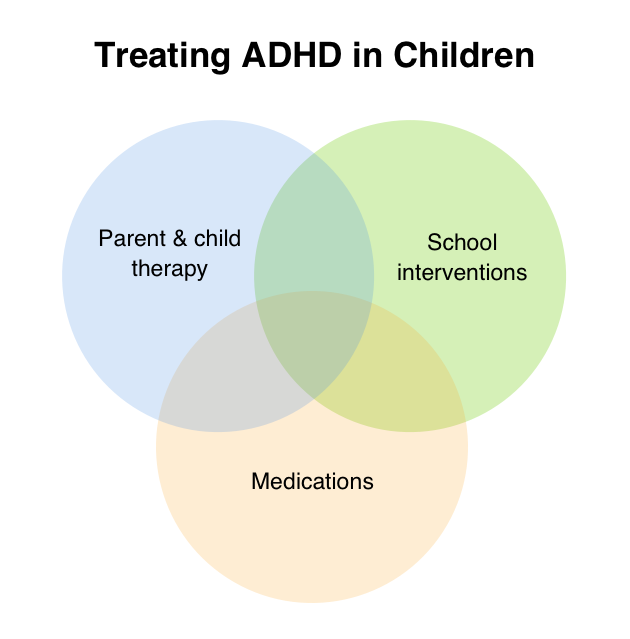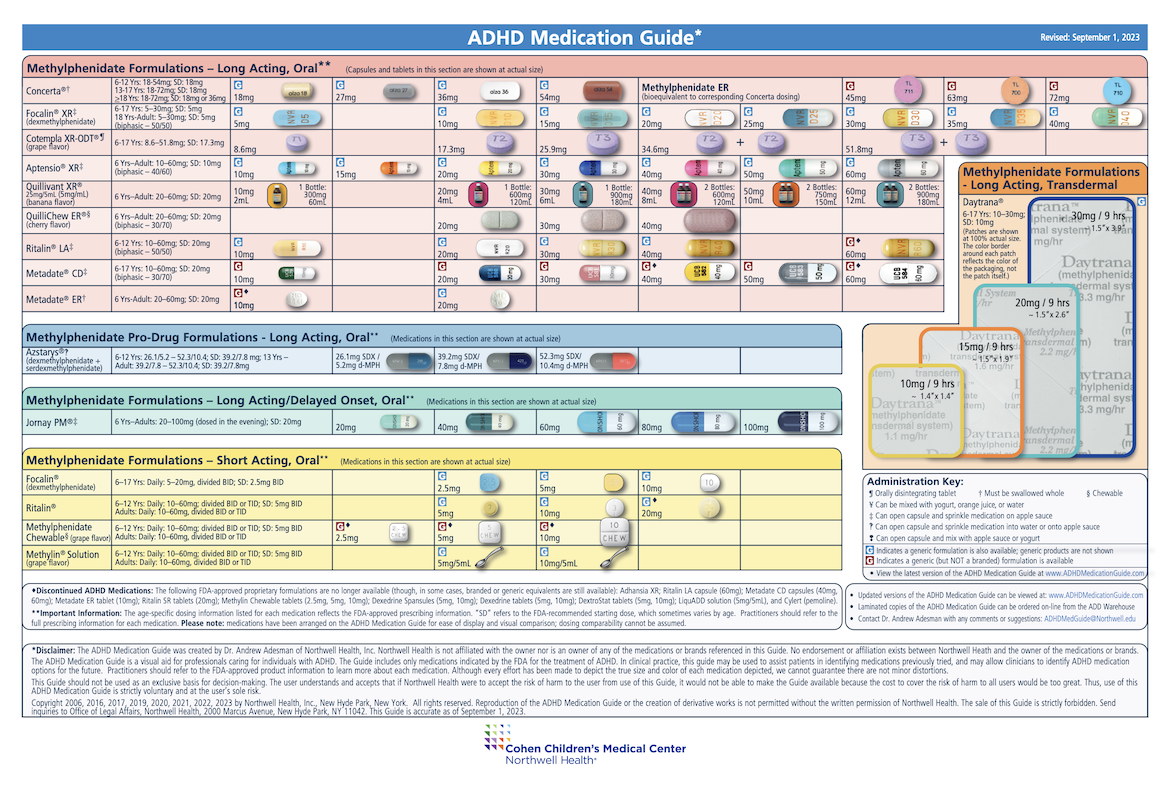Therapist for ADHD Providing Effective Care Plans
Therapist for ADHD Providing Effective Care Plans
Blog Article
The Advantages of Individualized ADHD Therapy Prepare For Better Outcomes
The implementation of personalized ADHD therapy plans has arised as a pivotal strategy in enhancing restorative end results for individuals affected by this condition (ADHD treatment). By recognizing the distinct manifestations of ADHD in each individual, these personalized treatments promote higher involvement and inspiration, ultimately leading to more reliable coping methods.
Understanding ADHD Variability
Although Attention-Deficit/Hyperactivity Disorder (ADHD) is often viewed as a single problem, its manifestations can vary substantially amongst people. Sex distinctions additionally play a role, as males are a lot more regularly diagnosed with ADHD and typically display extra obvious symptoms, whereas women may offer with much less obvious inattentiveness.
In addition, people with ADHD might experience a range of psychological and behavior obstacles, such as anxiousness or oppositional defiance, that can complicate medical diagnosis and therapy. It is additionally worth noting that ADHD can offer in a different way across different cultural contexts, influencing how signs are identified and addressed.
Key Parts of Customization
Individualized ADHD therapy plans are based in a number of vital elements that guarantee reliable monitoring of the problem. First, an extensive assessment is important, including standard ranking ranges, meetings, and behavioral observations. This comprehensive assessment permits clinicians to comprehend the person's unique signs, staminas, and obstacles.
Second, the participation of numerous stakeholders, including parents, instructors, and the person, adds to an all natural view of the person's needs. Collaboration cultivates a supportive atmosphere that can adjust to the person's context and lifestyle.
Third, treatment strategies must be adaptable and adaptable, permitting alterations based on recurring responses and the individual's evolving requirements. This versatility makes it possible for the assimilation of numerous healing strategies, such as behavior treatments, psychoeducation, and drug monitoring.
Additionally, cultural and contextual factors should be taken into consideration. Identifying the individual's background, values, and choices makes sure that the treatment is relevant and considerate.
Finally, regular follow-ups and assessments are important to check progress and make needed adjustments. By concentrating on these key parts, individualized ADHD treatment strategies can significantly improve the effectiveness of interventions, bring about improved outcomes for people with ADHD.
Enhanced Interaction and Motivation
To successfully promote enhanced engagement and motivation in individuals with ADHD, it is essential to integrate strategies that reverberate with their interests and toughness. Customized treatment strategies that line up with an individual's interests can bring about increased involvement in restorative activities, cultivating a sense of ownership and enthusiasm for the procedure.
Making use of interactive and imaginative methods can likewise considerably boost inspiration. For instance, including gamification elements or real-world applications of abilities can make jobs much more attractive and relevant. This not just captures interest but likewise strengthens finding out via enjoyable experiences.
Additionally, establishing attainable and purposeful goals tailored to the individual can bolster inspiration. When people see their development towards personally considerable objectives, they are more probable to remain involved. Routine comments and acknowledgment of achievements can better endure inspiration, creating a positive feedback loophole that motivates continued initiative.
Lastly, cultivating a supportive environment where people really feel understood and valued can dramatically affect their engagement degrees. When therapy strategies are established collaboratively, incorporating input from the individual, they are more probable to really feel spent in their trip, inevitably bring about improved results in managing ADHD.
Improved Coping Methods
Creating boosted coping techniques is important for people with ADHD, as it equips them with effective devices to browse daily obstacles. A tailored treatment plan enables the recognition of certain coping systems tailored to the individual's special demands and conditions - ADHD treatment. Techniques such as mindfulness, time link management skills, and organizational techniques can be integrated into daily routines, cultivating a sense of control and decreasing anxiety
Mindfulness methods, including meditation and deep-breathing workouts, assistance people with ADHD concentrate their attention and control their emotions. Time administration strategies, such as making use of timers or breaking jobs into smaller sized, convenient steps, can minimize feelings of bewilder. Furthermore, business tools like organizers and lists can enhance effectiveness and accountability.
Long-term Favorable End Results
Implementing tailored ADHD therapy plans can result in significant lasting positive results for people. These customized strategies, which take into consideration one-of-a-kind symptoms, choices, and life circumstances, promote more efficient management of ADHD symptoms over time. By concentrating on the details demands of the person, these plans enhance adherence to treatment methods and foster better engagement in healing tasks.

Furthermore, customized therapy plans can substantially reduce the danger of comorbid problems, such as anxiety and depression, which are commonly related to ADHD. Early intervention and regular assistance aid people build strength and coping approaches, advertising overall mental health.
Eventually, the long-term positive end results of tailored ADHD treatment intends not only enhance the lifestyle for people however additionally add to their total health and success in different life domains. This alternative strategy highlights the significance of individualized sites care in taking care of ADHD efficiently.
Conclusion

Report this page